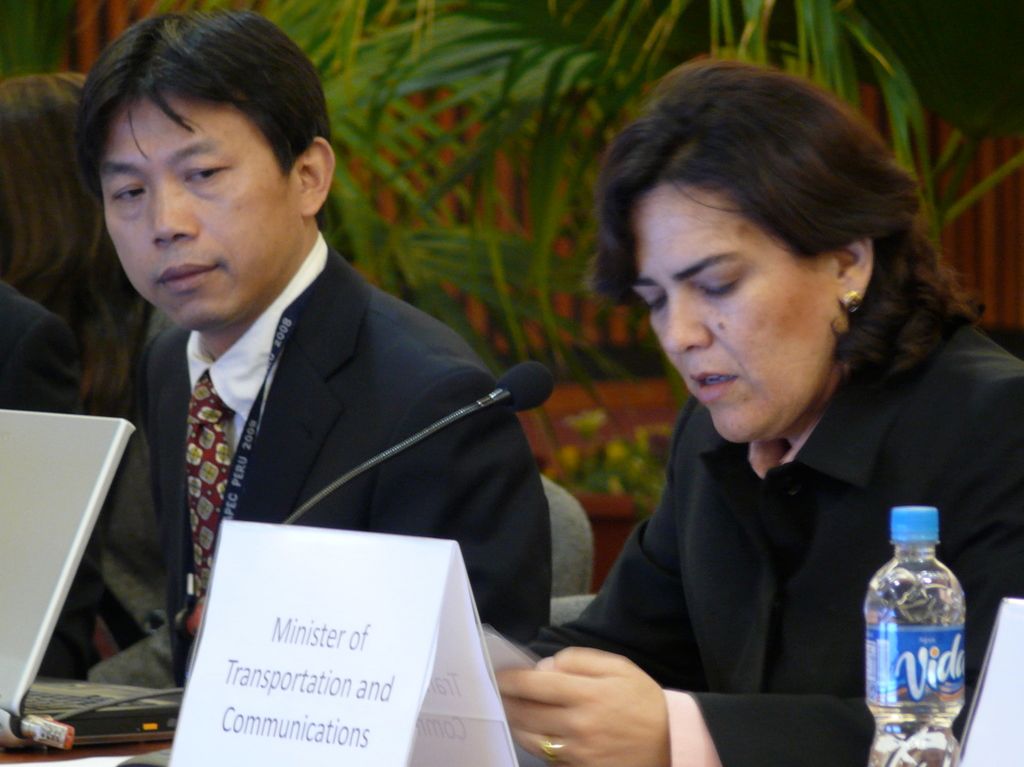Major tech companies to disclose details about government requests, content moderation policies, and user data privacy practices in their transparency reports.
Taking on Digital Deception: Major Online Platforms Face Transparency Requirements
In a bold move to crack down on online scams, Meta, LINE, TikTok, and Google are now under the microscope as they are required by law to reveal their fraud-fighting strategies by the year's end. This initiative comes from Taiwan's Minister of Digital Affairs, Huang Yen-nun, who announced these four tech giants are subject to formal surveillance due to their control over six dominant online platforms - Facebook, Instagram, Line, TikTok, Google, and YouTube.
At a recent press conference marking Huang's first year in office, he emphasized that these companies have already submitted their fraud prevention plans, and would receive guidance on implementing said plans and complying with the law. The Ministry of Digital Affairs pledged ongoing support to help these tech titans carry out their anti-fraud mission.
The new mandate falls under the Fraud Crime Hazard Prevention Act, which went into effect in July 2024. To guarantee transparency, the act obligates social media companies to verify the identities of advertisers and sponsors, establish anti-fraud measures, and regularly publish transparency reports. Furthermore, fraudulent ads must be removed from their platforms within a specified timeframe upon receiving official notification.
When addressing the current status of TikTok's legal representation appointment in Taiwan, a ministry official shared that the Chinese-tied company has submitted its application. The procedure involves several agencies, including the Ministry of Economic Affairs and Mainland Affairs Council, with TikTok demonstrating a fairly cooperative stance during the review process.
According to the Fraud Crime Hazard Prevention Act, these online platforms must:
- Verify the identities of content sponsors and funders
- Develop and implement anti-fraud strategies
- Respond promptly to law enforcement requests to remove fraudulent ads
- Publish regular transparency reports detailing their fraud-combatting efforts
It's important to note that platforms such as Meta and LINE have faced challenges in adhering to these regulations, with meta having been fined for not disclosing information related to ad commissioners and funders. Meanwhile, TikTok is facing delays in appointing its Taiwanese representative due to an interagency review process. Google's compliance issues remain unclear in currently available data.
In summary, these tech powerhouses are now accountable for enforcing stricter transparency and combating online fraud within their platforms. Let's see how they tackle these challenges and uphold user trust.
Finance and technology play a significant role in maintaining business integrity on these platforms, as the newly enacted Fraud Crime Hazard Prevention Act requires companies like Meta, LINE, TikTok, and Google to verify identities of content sponsors and funders, develop and implement anti-fraud strategies, and publish regular transparency reports. This transparency is crucial for ensuring the security of business transactions and user trust.






